- Home
- /
- Stories
Stories
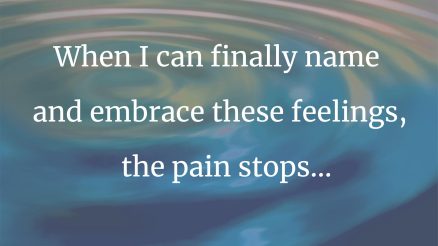
Superpower
I sometimes tell my children that they have superpowers—usually when they’ve done something amazing, unique or powerful.
I’d like to think that I, too, have a superpower: I can move physical pain from a 9 to a 0, just with my thoughts.
I’ve been practicing this power—honing it—for more than twenty years now.
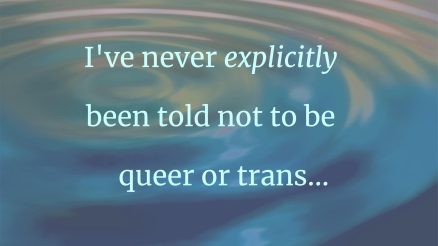
What’s Left Unsaid
Editor’s Note: This piece was a finalist in the Pulse writing contest, “On Being Different.”
Standing with the rest of the medical team outside the hospital room of our first patient of the day, the attending physician nods impatiently at the resident to get started with morning rounds.
“Right, uh,” she fumbles, before finding her footing. “Philippe Dubois. Twelve-year-old boy with Duchenne muscular dystrophy. Here from Québec with his father for annual follow-up. No change in medications….”
As a first-year medical student, I’ve already watched enough medical dramas to know that this is how reports are given—in cold, clipped sentences that reduce people to patients, patients to diseases, diseases to signs and symptoms and stereotypes. Rich life stories lost in translation.
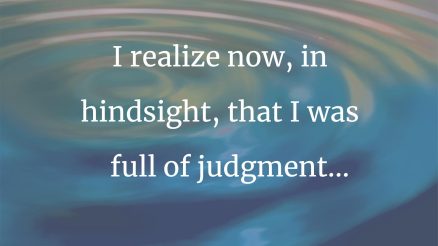
Her Call Was Tougher Than Mine
“Is he in pain?” Joshua’s mother asked, after I told her who I was. She had finally answered the phone after fifteen days of letting my calls go to voicemail.
“I don’t think so,” I answered. The truth was, at that point in my early career as a pediatric resident, I didn’t know whether he was in pain. “We’re giving him medicines to keep him comfortable.”
“Okay,” she said. I could hear young children laughing in the background. I knew from her obstetric records that she had five besides this newborn.
“Any questions?” I asked.
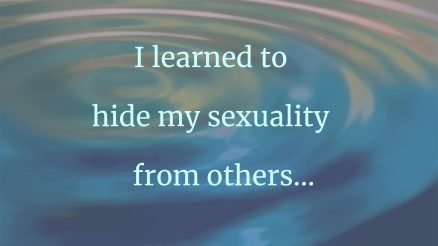
Next of Kin
Editor’s Note: This piece was a finalist in the Pulse writing contest, “On Being Different.”
The Early Nineties
A number of things happened the moment I realized I was gay. From the moment I came out to myself and to those around me, I felt the scales fall from my eyes. The sky was brighter, the air crisper. I felt free, excited by the world and all it had to offer.
How could it have taken forty-four years to work this out? I kept asking myself.
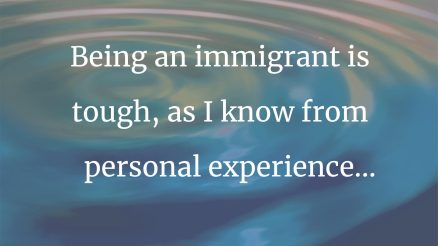
The Dreams That Bring Us Here
It is a quiet Thursday evening in the fall of 2015 at the Dara Medical Center in Brooklyn, where I’m volunteering as a medical observer. The Center is almost empty. At the far end of the corridor, I see an elderly man wearing a black sweater and eyeglasses. His face is pale; his eyes and hands are creased and wrinkled.
“Where are you from?” he asks.
“I’m Palestinian,” I answer.
“Pakistan?” he replies incredulously.

New Normal
Editor’s Note: This piece was a finalist in the Pulse writing contest, “On Being Different.”
When I finally got to take my newborn son home, after an almost six-week stay in the NICU, the social worker said, “You will be his advocate. You will know him better than anyone. And you will find your new normal.”
My son’s diagnosis was that he would never walk or talk. After his brain MRI, I felt that the hospital staff looked at us differently. My son’s life—and, by extension, our lives—would be different.

Myrtle Beach
Babies are not made of plastic.
In both their distribution of mass and their texture, the feel is utterly different. Babies are warm and soft and plump and pink. Their heads are bowling balls.
New mothers are uncomfortably aware of this fact, as I’ve observed many times in my role as a pediatrician.

A Different Shade of Black
Editor’s Note: This piece was a finalist in the Pulse writing contest, “On Being Different.”
Ask any medical student what makes them unique among their peers, and you’ll almost certainly be treated to a two-minute answer that’s been rehearsed in countless mock interviews and essays as part of their preparations for residency applications.
It’s ingrained in the collective medical-student brain that to be recognized, we must stand out–constantly looking for opportunities to demonstrate our unparalleled competence.
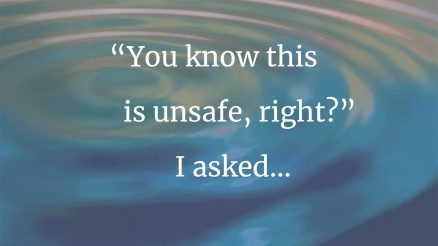
The Battle of Britain
It was winter, and I’d been seeing Raymond in his home for occupational therapy for more than a month. The home health agency physician’s orders had been to evaluate and treat him for home safety, and I was working closely with the nurse and social worker from the same agency.
Unfortunately, the social worker and the nurse were at odds over the need for Raymond to move into a nursing home.
The facts were stacked against him.
